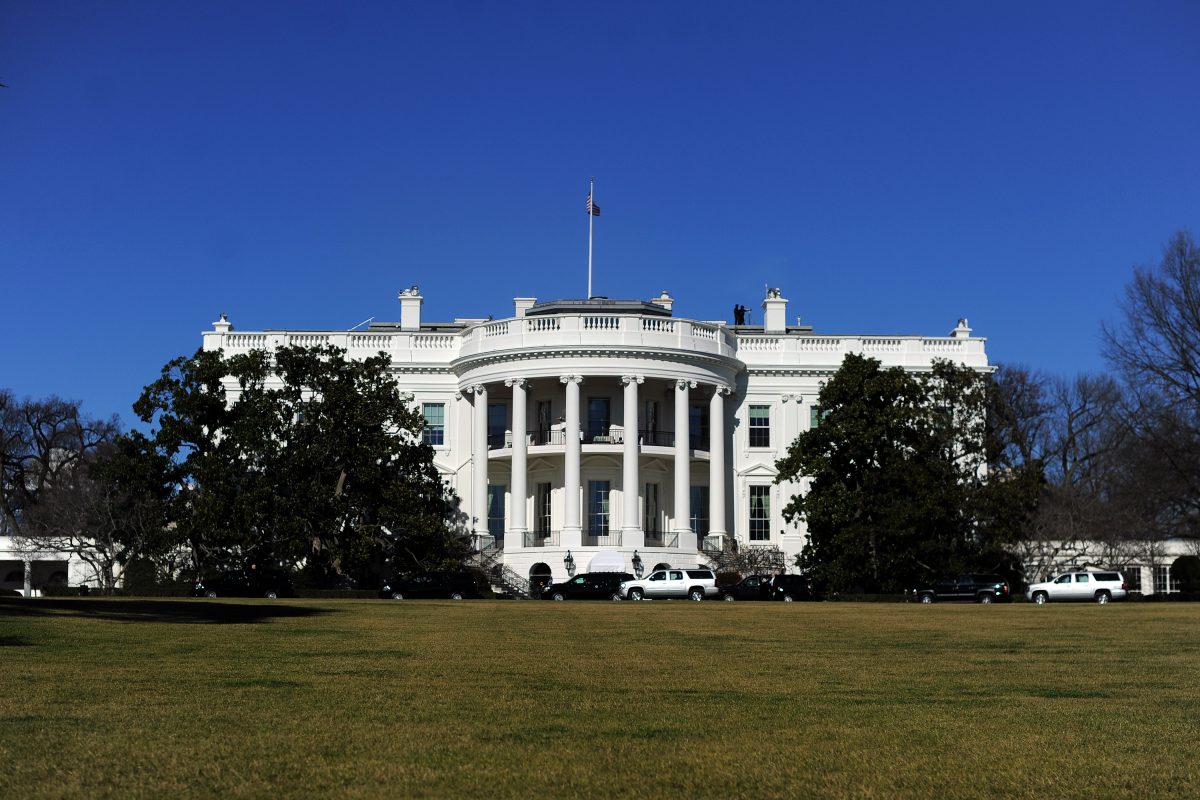Why Split Control of Congress is the Least Bad Election Scenario for Our Fractured Nation

We live in era which is not big on nuance. Presidential tweets have far more impact than well-researched books. Declarative phrases like “Fake News!” are now seen by millions of voters as a legitimate presidential response to massive front-page investigations in The New York Times.
Everything is either black or white. One side either won, or they lost. There is almost no room for anything in between because, among other factors, the media’s need for a drama-filled, simple-minded, short-attention-span narrative demands that there be no ambiguity about an outcome.
It is this context in which we are about to have maybe the most significant midterm election in our nation’s history (for real). Based on the conventional wisdom, there is an excellent chance that we are going to end up with a split decision, with Democrats taking control of the House, and Republicans maintaining a slim but sturdy majority in the Senate.
While this result may be unsatisfying to almost everyone, especially the media, this is the outcome for which true patriots should be rooting.
Before I explain why this is the case, I should stipulate that it always makes me particularly nervous whenever I find myself rooting for the expected outcome. Not only because I am a contrarian by nature, but because the conventional wisdom, especially recently, is so often dead wrong (just ask President Hillary Clinton).
As far as what will happen this coming Tuesday, the case for a “split decision,” at least on paper, is strong. The Senate map heavily favors Republicans, and in the places where there are competitive races, President Trump’s divisive personality, and the Brett Kavanaugh confirmation, are at worst not harmful to the GOP cause. At this point, it would be rather surprising if Republicans ended up with less than 52 or more than 54 seats in the Senate.
On the House side, there is no doubt that Democrats will get significantly more votes nationwide, but it is possible that so many of them will be wasted in lopsided victories and that “gerrymandering” will keep them from winning a significant majority of actual seats. It is still even possible that, partly because Trump is not as unpopular as he once was, Republicans somehow hold onto control by the slimmest of margins (for the record, my unscientific prediction is that Democrats will end up with 222 seats and a small majority).
I have written previously about why, even as a life-long ardent conservative, it is vital for the future of the country that the Democrats take back the House. I still plan to cast my first-ever vote for a Democrat for Congress, though I have been very disappointed by the pathetic nature of their message-free national campaign and the fact that Nancy Pelosi has not done the right thing by stepping aside as the next possible Speaker of the House.
There a several good reasons why the “split decision” outcome would be best for the country.
If Republicans were to maintain full control, it would be far worse than a just a full vindication of Trumpism within the GOP. It would also immediately end any relevance of the Mueller investigation into Russian influence on the 2016 election, and would allow an emboldened Trump to do nearly whatever he wanted for the next two years, with literally zero fear of oversight from a sycophantic Republican House of Representatives.
On the other hand, if Democrats take back the House by a least more than a couple of seats, then, should Mueller’s finding warrant such action, Trump’s impeachment is very much on the table. And there will at least be a vehicle through which his administration can be marginally held accountable via legitimate legislative oversight. Ironically, under this scenario, Republicans would be surely and suddenly become fiscal conservatives again, and some of our out of control spending might actually be curtailed.
On the Senate side, having Democrats in control of both chambers would indeed be an unequivocal repudiation of Trump, but would likely cause more problems than it is worth. As they proved during the Kavanaugh confirmation debacle, they are simply not to be trusted with real power, especially with so much of their caucus clearly pining to be the 2020 presidential nominee. There is also a very good chance that Trump would effectively become a Democrat under these circumstances, or that there would be gridlock the likes of which we have never seen before.
Contrary to perception, a strong argument can be made that there is a better chance of Trump actually being removed from office (something I have predicted is extremely unlikely) if Republicans hold the Senate than if they don’t. Obviously, Republicans in the minority would have very little incentive to convict Trump in an impeachment trial and there would be no chance of getting the 2/3 vote needed for removal.
However, if the evidence against him was clear-cut, there is a non-nutty scenario in which Mitch McConnell decides to knife Trump in back out of his own self-interest, thus making it possible for 2/3 of the Senate to turn against him. Having a majority Republican Senate vote to convict Trump would be theoretically seen as exponentially more credible than if Democrats were in charge.
The bottom line is, if you want Trump removed from office before 2021 (again, this is a long shot under any situation), a Democratic House and a Republican Senate is the only plausible path to that happening. But even if Trump’s impeachment is never in the cards, the nation will still be in a better position for the next two years than if either of our painfully untrustworthy parties are in total control.
[image via Getty]
John Ziegler hosts a weekly podcast focusing on news media issues and is documentary filmmaker. You can follow him on Twitter at @ZigManFreud or email him at johnz@mediaite.com
This is an opinion piece. The views expressed in this article are those of just the author.





Comments
↓ Scroll down for comments ↓